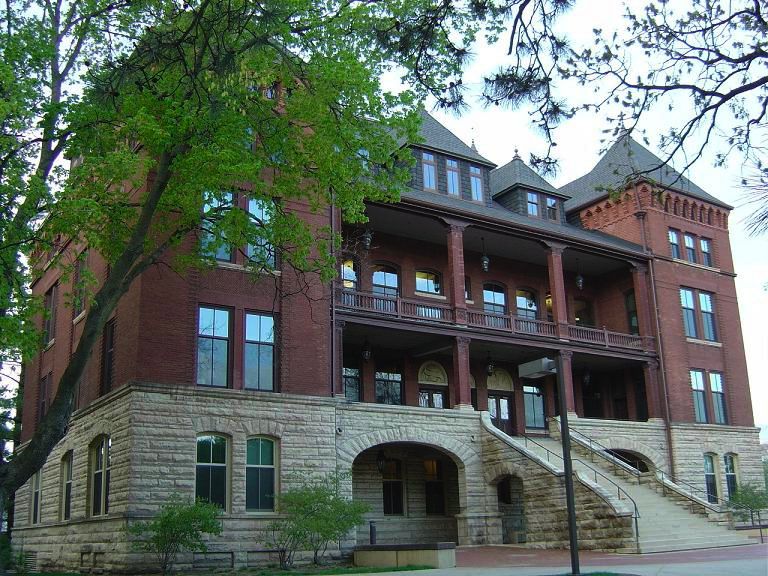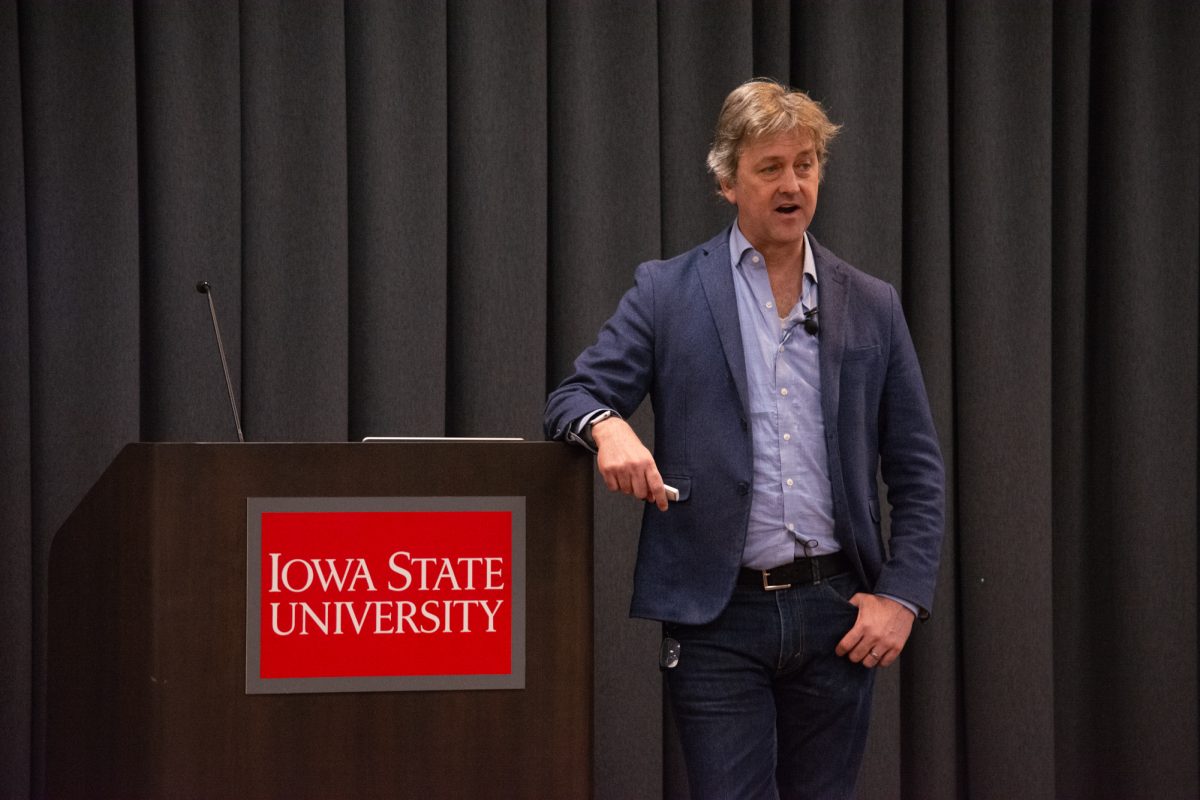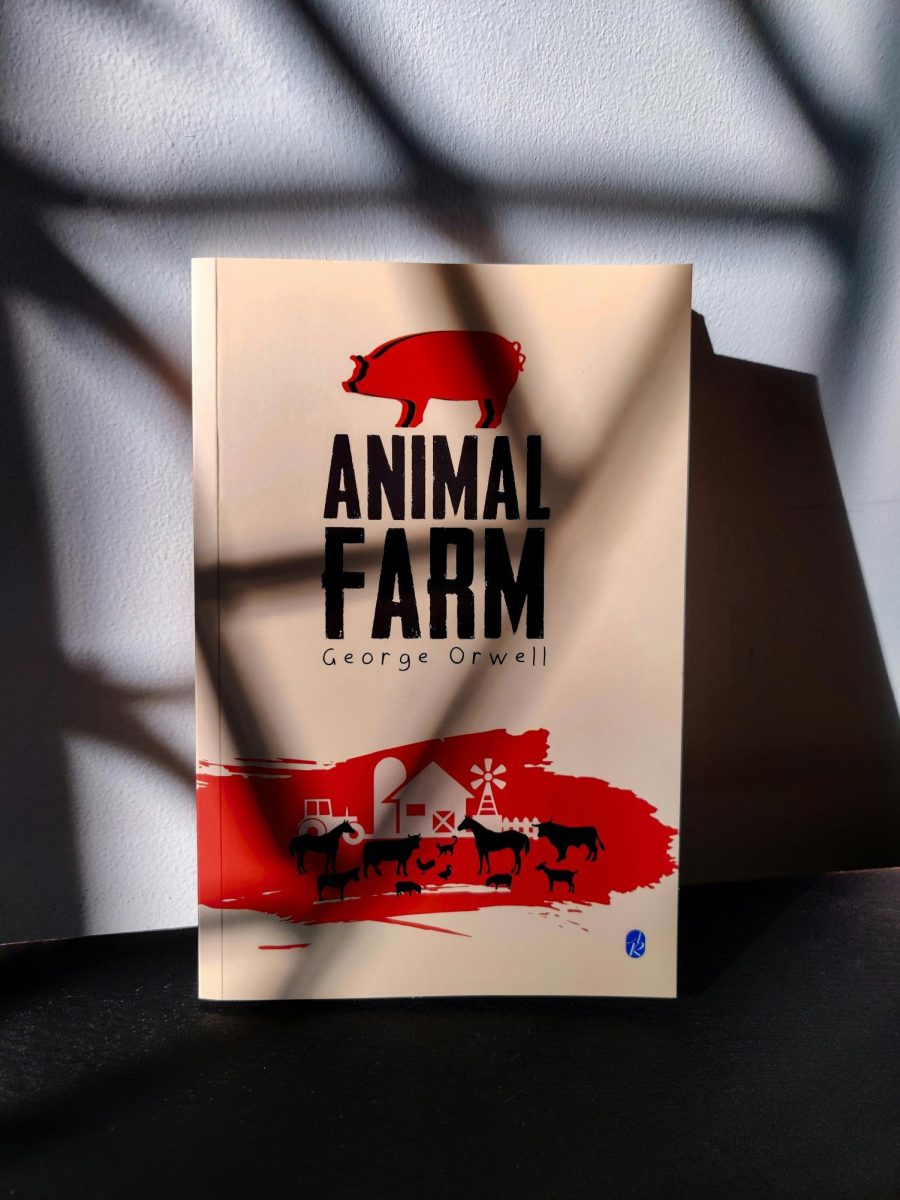Letter: Response to ‘Carrie Chapman Catt was a white supremacist’
July 7, 2020
Editor’s Note: Originally this letter stated an incorrect quote from Debra Marquart that was used in good faith by Jane Cox, Cox said the quote had been online for over two years unchanged, and was only corrected online late in the afternoon of July 8.
The quotes in the letter appear to stem from an article in the Ames Tribune, which appeared on July 27, 2019, and involved me and two others. The three interviews were conducted separately and mine was done in person at the Ames Tribune office and was recorded.
First, I am grateful the writers provided a link to the second UHURU article published in August 1996. Although I read both of them when they appeared, I only have the original of the first UHURU article (published September 28, 1995 — October issue) in my file and now I can copy this one (August 1996) and include it as well.
Yes, I said research from primary sources was more difficult in the mid-1990s than today. That was a time when only one household in 10 had a computer, email was not widely available and there was no social network. To access the documents you wished, you were usually forced to travel to where they were stored.
For example, in 1992 when I went to the Library of Congress (LOC) and the New York Public Library to look for primary documents on Carrie Chapman Catt, I took notes with a pencil on a notepad and made duplicates on a very antiquated copy machine. Now, all the thousands of documents in the LOC are online and you can look at them anytime, anyplace and copy at will. Obviously, the writers of the letter disagree since they refer to that line of reasoning as “disconcerting, if not ludicrous.” We have differing opinions on that issue.
However, it is a complete fabrication to write, “We are heartened to learn that in 2020, Jane Cox has finally discovered the offending chapter six, and is now feverishly working to offer an apologia for white supremacy.”
I first came across the sentence so often quoted in a secondary source in which the sentence was cited by the title of the chapter instead of the title of the book. The sentence is also quoted in the second 1996 UHURU article and cited with the publisher and date, “National Woman Suffrage Publishing Co. 1917.”
My search involved finding the primary source. Today, since much of the LOC information is online, the entire book can be accessed by anyone in seconds; back then, it took some finding — the National Woman Suffrage Publishing Co. is not exactly Simon & Schuster! I knew there was a copy at the LOC but could not afford to return.
Then, the day before I was to debate Milton McGriff, co-founder of the September 29th Movement, on KURE radio, I discovered the very book I had been searching for was in the Special Collections and University Archives of Parks Library! I mentioned the location where the book could be found on the radio during our debate and was later told by someone in Special Collections that a great many people, including President Martin Jischke, had gone to Special Collections with the sole intent of reading the chapter. Contrary to hiding it, I printed many copies and still distribute it to this day.
I did send a letter (I did not have email at that time) to the New York Times after their article on the naming of the building appeared on May 5, 1996, since a single sentence alleged to have been said by me to a reporter was part of their story, a sentence that stated Catt had given racist speeches in Mississippi and South Carolina in 1917. My request had nothing to do with the book chapter. I never received a response nor was a correction issued.
I still have been unable to verify Catt was even in Mississippi or South Carolina in 1917. I have spent a great deal of time tracking Catt’s movements from Newspapers.com, from Catt’s hundreds of preserved letters and from various biographies. Catt’s travels in 1917 that I can confirm took her to Washington D.C.; Toronto; Columbus, Ohio; Chicago; Denver; Portland, Oregon; Tacoma, Washington; Seattle; Indiana (no city given); areas of upstate New York and New York City.
Occasionally, the date of these alleged racist speeches is cited as 1919. That year confirmed travels took Catt to Indiana (no city given); West Virginia (no city given); Philadelphia; New York City; Washington D.C.; Salt Lake City; Chicago; Mitchell, South Dakota; Sacramento, California; Albuquerque, New Mexico and Los Angeles.
I would be happy to hear from anyone who could direct me to additional information about Catt’s travels in either of those two years.
The writers, still quoting from the July 27, 2019, Tribune article, quote me as saying Catt’s arguments were “satirical commentary.” If the Tribune article is checked, it is obvious the quote is not attributed to me but to someone else.
As to Chapter 6, Section II directed to the Southern members of Congress attempting to persuade them to vote for a federal amendment to the Constitution, Catt writes that a sly dread of female supremacy may be the actual source of the antipathy the Southern congressmen feel toward a federal amendment as opposed to their stated one:
If a sly dread of female supremacy is troubling the doubter he may find comfort in the rather astonishing fact that white males over 21 are considerably in excess of white females over 21 in all except Maryland and North Carolina; negro females over 21 exceed negro males in Alabama, Tennessee, Georgia, South Carolina, North Carolina and Virginia, but the restrictions in these states of property ownership represented by tax receipts, education and various other tests, would fall more heavily upon women than men, and thus admit fewer women than men to the vote.
She then includes a chart of population figures to support her words.
As for Rosalyn Terborg-Penn, who passed away only a year and a half ago, I not only have read several of her works, I attended the lecture she gave on “African American Suffragists in the Booker T. Washington Era” held at the Memorial Union on Oct. 24, 1996. As reported in the Daily on the following morning, about 40 people attended. It was a wonderful experience to hear her speak and I still remember her final words to the audience at the end of the Q&A (also quoted in the Daily article), “Move on, you’re fighting a dead person.”
Jane Cox is a professor emerita and alumna of Iowa State University.







